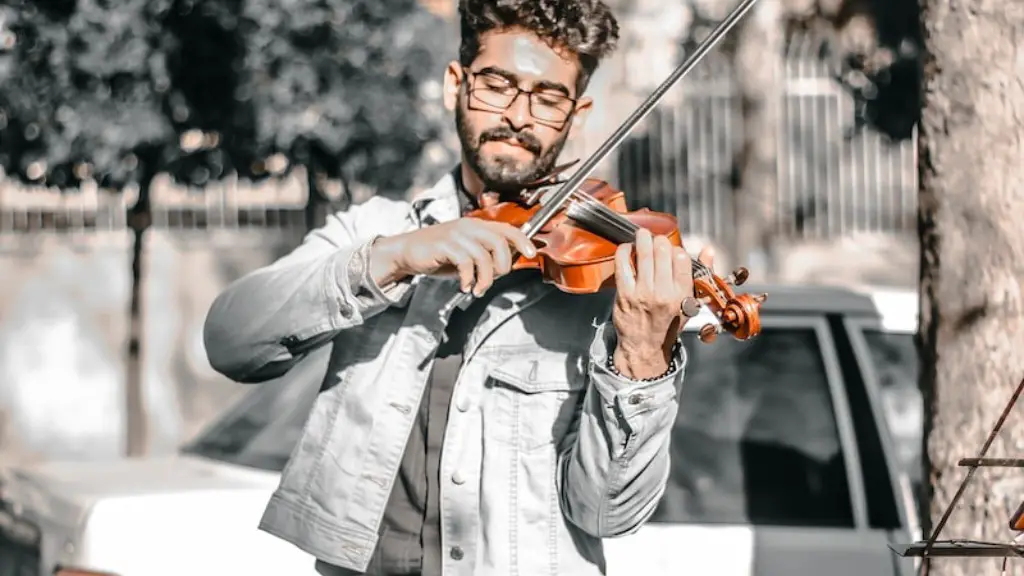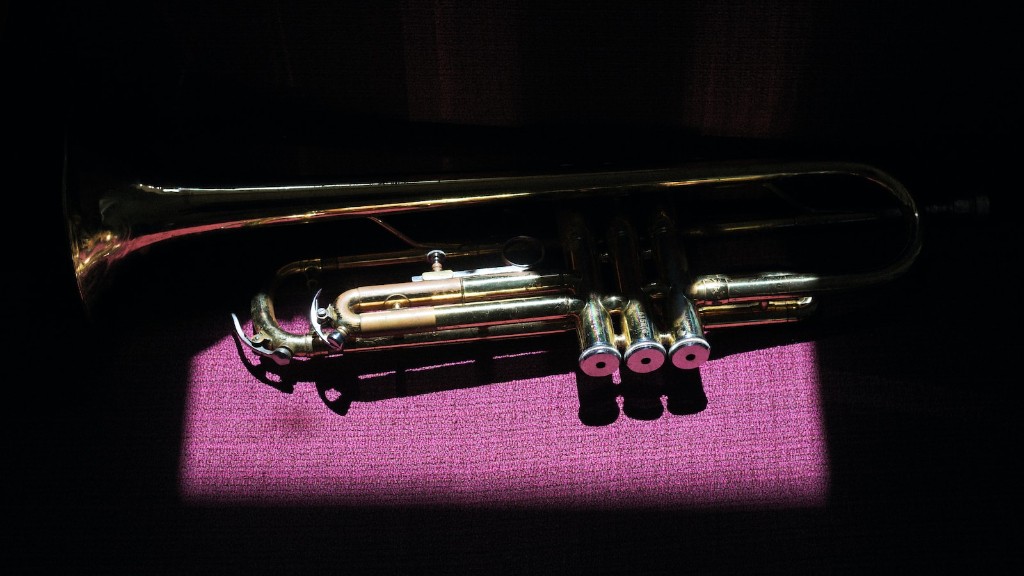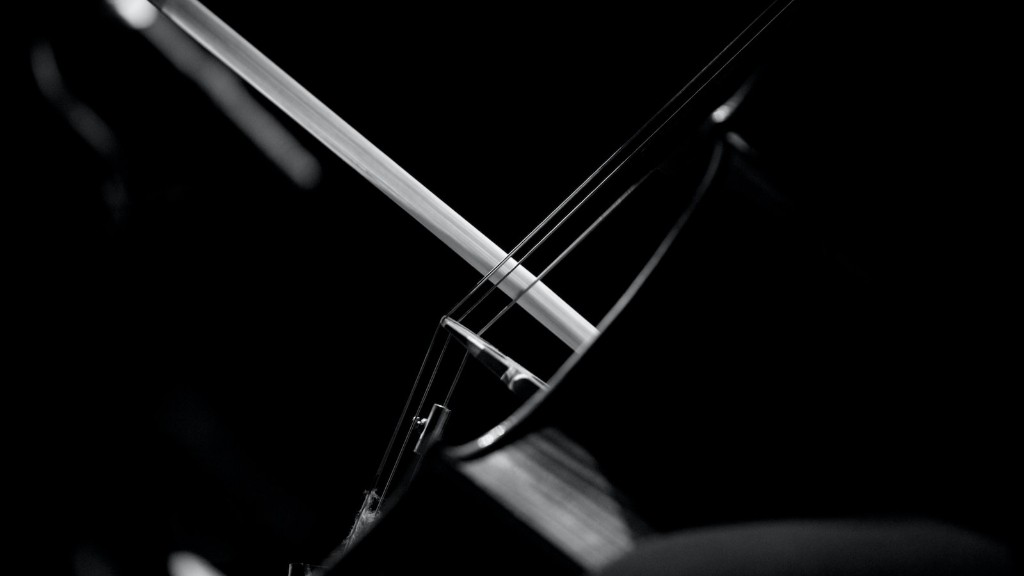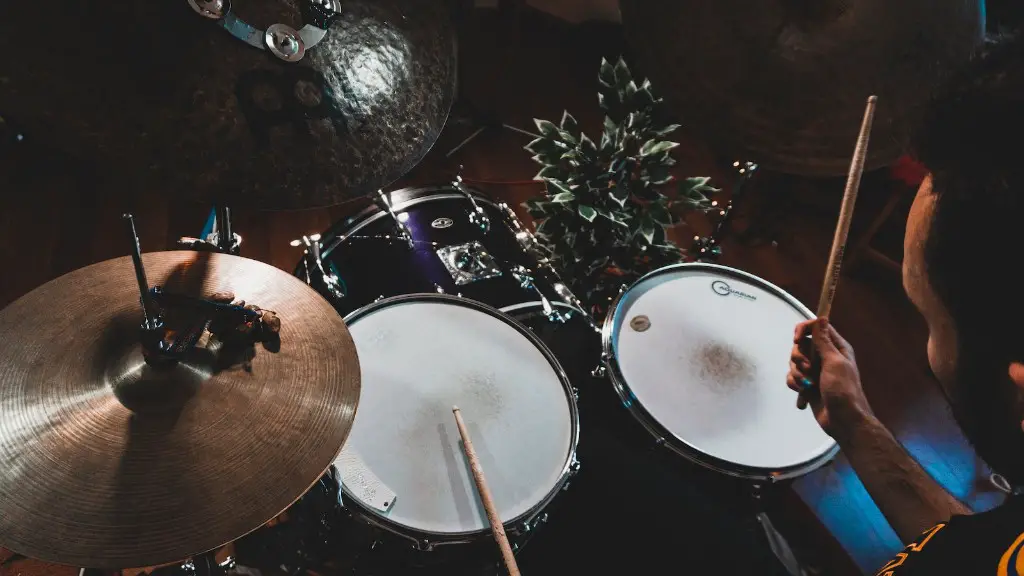Practicing the violin is a great way to develop your musical skills and become a better musician. It can be a difficult instrument to master, but with dedication and consistency, you can reach your goals. But how long should you practice the violin each day?
The amount of time you spend practicing depends on your skill level and goals. Beginner violinists may only need to practice for 15-30 minutes per day, while advanced players may need to practice for an hour or more. It’s important to find a balance between practicing enough to improve but not so much that it becomes overwhelming. You may want to start with shorter sessions and increase the length of time as you become more comfortable with the instrument.
No matter what level of experience you have, it’s important to practice regularly in order to improve your skills. Even if you can’t devote large amounts of time each day, consistent short sessions will help build your muscle memory and keep your skills sharp.
How Long Does it Take to Learn Violin?
Learning the violin can be a challenging and rewarding experience. Generally, it takes several months to several years to become proficient on the violin depending on the individual’s dedication and practice habits. Beginner students can expect to learn basic positions, bowing technique, and some simple melodies within a few months of regular practice. Intermediate players will usually have a better handle on more advanced techniques such as vibrato and shifting between positions, as well as being able to play more complex pieces. Advanced players may take several years or longer to master the violin and its many nuances.
Regardless of skill level, practice is essential in order to progress on the violin. It is recommended that beginner violinists practice at least 15 minutes per day and advanced players should practice at least 30 minutes per day in order to see improvements in technique and playing ability. Dedication, discipline, and consistency are key when it comes to learning the violin, but with enough hard work anyone can become an accomplished musician!
Common Challenges of Learning the Violin
Learning the violin is no easy feat. It requires dedication, patience, and a lot of practice. One of the biggest challenges is developing the correct technique and posture. It is important to make sure that your arms and hands are in the correct position in order to produce a good sound. Another challenge is developing proper bowing techniques. This includes learning how to control your bow hand as well as learning how to switch between different bow strokes. Additionally, reading music can be difficult for beginners, especially when it comes to understanding rhythm. Finally, learning how to tune the violin can be tricky, especially for those who don’t have any experience with musical instruments. All of these challenges can be overcome with practice and patience, but it is important to remember that learning an instrument takes time.
The Benefits of Taking Up a Musical Instrument
Learning a musical instrument has countless benefits that can last you a lifetime. Playing an instrument can help to improve cognitive skills, reduce stress, and enhance creativity. Taking up the violin specifically can provide unique opportunities to appreciate the subtleties of classical music and explore new realms of sound. Although it does take some dedication and hard work, learning the violin is not as difficult as it may seem. With regular practice, anyone can become an accomplished violinist.
Although mastering the violin may take some effort initially, it will become easier with time and practice. The complexity of the instrument provides ample opportunity to explore different techniques and develop one’s own style. As your skills improve, you will be able to better appreciate the nuances of classical music and express yourself through your instrument. Playing the violin can also help to boost confidence as you continue to hone in on your craft.
Furthermore, playing an instrument such as the violin has far-reaching implications on mental health. Studies have shown that playing music actively engages both hemispheres of the brain at once, allowing for improved mental clarity and focus while reducing stress levels. Not only that but learning an instrument is also a great way to socialize with like-minded individuals or even join a band or orchestra.
In conclusion, taking up a musical instrument like the violin can be incredibly rewarding for those willing to put in the time and effort required for success. While there is a learning curve involved, with regular practice anyone can become an accomplished musician who is able to reap all of these great benefits!
Should You Take Lessons or Learn on Your Own?
Learning the violin is a challenging endeavor, no matter which route you take. Taking lessons can provide structure and guidance to help you progress, but it can also be costly. Learning on your own might require more dedication and self-discipline, but it can also offer a greater sense of autonomy and freedom. Both paths have their merits and drawbacks, so it is important to weigh your options carefully before making a decision.
If you are considering taking lessons, it is important to find an instructor who is knowledgeable in the style of music that you would like to learn. Working with a teacher who has experience in the genre will help ensure that you are learning good technique and avoiding bad habits that can impede your progress.
On the other hand, if you decide to learn on your own, there are plenty of resources available online such as instructional videos and tutorials that can help teach basic concepts such as posture and finger placement. Additionally, there are many free sheet music resources online where you can find music to practice with. Ultimately, the decision between taking lessons or learning on your own comes down to personal preference and financial considerations.
What Does It Take to Master the Violin?
Learning the violin can be a difficult and complex process, but with dedication and commitment it is possible to become a master of this musical instrument. The key to success is practicing regularly, even if it’s just a few minutes each day. To become proficient on the violin, you must understand music theory and have a good sense of rhythm. Additionally, paying attention to detail and developing good posture are essential in achieving success.
In order to progress, it is important to find an experienced teacher who can provide personalized instruction tailored specifically for you. The right teacher can help you reach your goals by giving feedback on your playing and providing guidance on how to improve. It can also be helpful to join an ensemble or orchestra where you will be able to hone your skills while playing with other musicians.
By maintaining a regular practice schedule and committing yourself to mastering the violin, you will soon find yourself making beautiful music. With hard work and perseverance, anyone can learn how to play this wonderful instrument.
Tips for Improving Your Playing Skills Quickly
Learning the violin can be a challenging task, but with dedication and practice, it is possible to improve quickly. The most important thing to focus on is developing good technique and muscle memory. Dedicate time every day to practice, even if it’s only 15 minutes. Start with basic exercises that work on your technique and gradually add more difficult pieces as your skill increases. To challenge yourself further, ask a teacher or mentor for advice or feedback on how you can improve. Don’t forget to take breaks though, as playing the violin can be physically and mentally strenuous!
It’s important to focus on improving your fundamentals such as intonation and bow control. Work on scales and arpeggios in different keys to improve your intonation, while practicing bowing techniques like slurs will help you increase speed when playing complex pieces. Listening to recordings of professionals playing the same piece will also give you an idea of how it should sound and help you develop a better sense of rhythm.
Finally, don’t forget that learning an instrument is a journey and requires patience! Consistency is key when trying to make progress quickly; use metronomes and recording devices when practicing so that you can review your progress and identify areas where you need improvement. With dedication and practice, you will be able to make rapid progress in no time!
To Sum It All Up
Practicing the violin is an important part of becoming a proficient player. The amount of time you invest into practice each day will determine how quickly you will reach your goals. Generally, it is recommended that you practice at least 30 minutes to 1 hour per day. However, as a beginner, you may need more practice time in order to master the basics. As your skills improve, you can adjust the amount of time spent practicing to maintain and grow your skills. No matter how much time you decide to spend practicing the violin, consistency is key.





